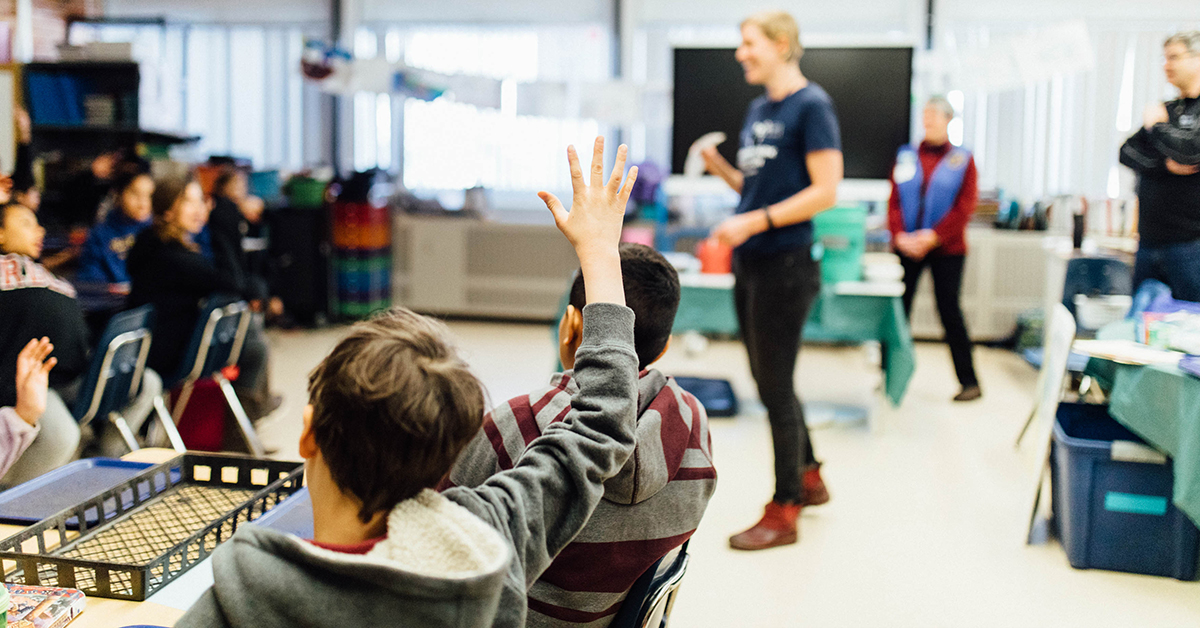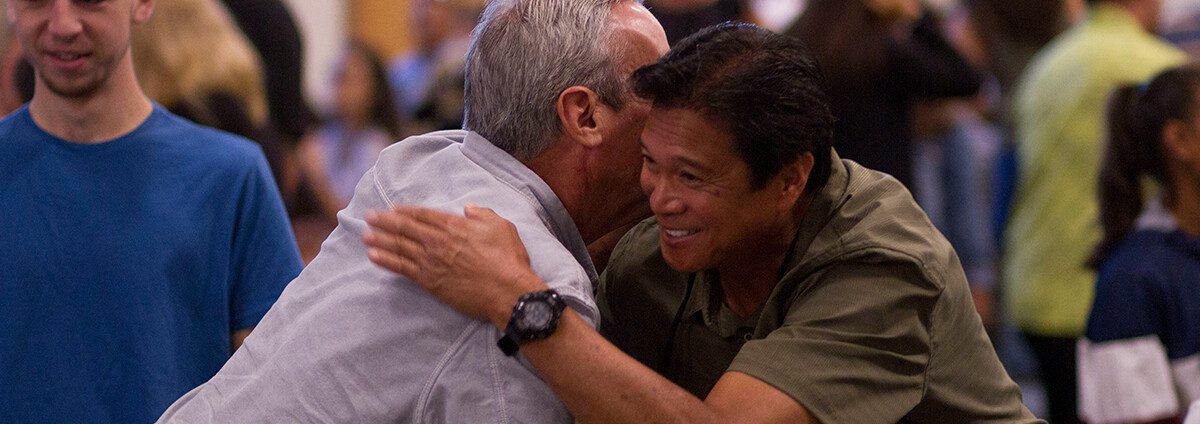Building trust and lasting relationships
Minnesota is a beautiful place – for some, but not all, of its residents. Minnesota has some of the worst racial disparities in the nation, which extend to our educational systems.
Parents, teachers, students, and researchers say that educational experiences are better when schools have diverse, effective educators. But there is less understanding of, and far less data on, what school principals need in order for schools to succeed.
Grounded in a belief that principals know what they need, in 2019 The Minneapolis Foundation, Joyce Foundation, and McKnight Foundation set out to learn alongside Minnesota’s principals. The foundations engaged Seiche to develop an ambitious set of principal engagement strategies that have gone on to inform a longer-term principals survey now housed at the University of Minnesota.
What We Did
We knew that one survey wouldn’t solve the lack of data, trust, and relationships with principals overnight. Our approach was grounded in our commitment to building long-lasting relationships, recognizing that creating change in Minnesota’s education system will be deep and complex work.
Establishing Benchmarks
We needed to build an initial understanding of how principals define success and what stands in the way of success. We developed and conducted one of the first comprehensive online surveys of Minnesota’s principals.
- To ensure a racially and geographically representative sample of Minnesota’s principals, Seiche established partnerships with professional principals associations, the Minnesota Department of Education, the University of Minnesota, and education stakeholders across the state.
Deepening Relationships
Building trust and strong relationships with school leaders and stakeholders was critical. Building on the success of the survey, Seiche conducted a statewide series of in-person listening sessions and one-on-one conversations with school leaders. These sessions and conversations provided principals and superintendents with the opportunity to respond to the initial findings from the survey and share honest perspectives.
- In allowing principals the space to speak to their own experience, we could effectively develop strategies to activate principals a a force for change within Minnesota’s education system.
- Seiche selected session locations to include a variety of districts based on student enrollment, racial composition, free/reduced lunch participation, ESL participation, and communities with diverse student bodies in difficult-to-reach areas of the state.
Translating Insight into Action
- Principals cited mental health resources as one of the biggest needs in schools. As educators grappled with meeting the needs of their students and communities during the global COVID-19 pandemic, we conducted a follow-up survey to determine the supports most needed by principals.
- Principals were overlooked stakeholders in education reform. We provided strategic support to an emerging effort to develop a narrative approach that elevates the voices of Minnesota's principals to inform change.
- Principals were skeptical of one-off engagement. We recommended the foundations engage an institutional partner to carry this work forward and deepen trust over time. moreover, the needs of educators and education approaches are not fixed; they adapt to changing conditions and as deeper understandings of what can help students succeed surface. In 2021, the foundations engaged the University of Minnesota to make the Minnesota Principals Survey an ongoing project.
- Principals are busy and they need time to engage. Principals drive the vision and mission of their school – all while balancing the books, overseeing discipline, and building connects to the the wider community. We recommended holding additional one-on-one conversations with principals, held when they were available and able to engage in the process.
- Building trust with stakeholders matters – and it takes time. We recommended the foundations actively partner with educations stakeholders including professional associations, the Minnesota Department of Education, service co-operatives, and district offices to build relationships before, during, and after outreach efforts.

